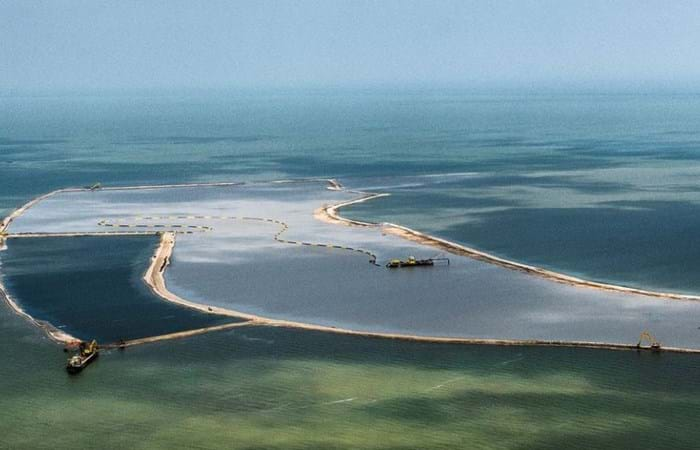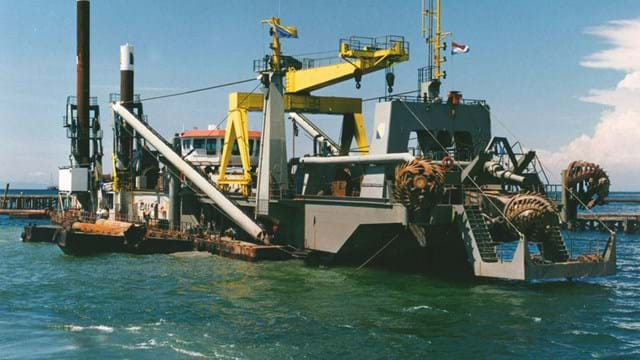Boskalis has been awarded the first phase of the Marker Wadden development in the Netherlands. The project includes the construction of an island with underwater landscaping. The Marker Wadden are natural islands that will be developed in the Markermeer lake in the years to come. They will provide a major boost for the ecological quality of the Markermeer lake. The natural shores of the islands will give fish more opportunities to spawn and feed. As a result, large numbers of birds such as terns and waders will return to the area because there will be more food for them. The construction of the Marker Wadden will transform the map of the Netherlands.
The construction of the Marker Wadden, which will be a paradise for birds, began in the spring of 2016. Marsh vegetation, mudflats, shallow isolated pools, creeks interspersed with wide meandering channels and sheltered, shallow waters will be features of the new archipelago. The project will also include the construction of a marina, a temporary visitor center, a play valley for children, and footpaths.
Alliance
The Marker Wadden project is possible due to an alliance of public and private bodies, and in particular the Dutch Society for the Preservation of Nature (Natuurmonumenten) and Rijkswaterstaat (the Dutch Directorate General for Public Works and Water Management). The provincial authority of Flevoland, the Ministry of Infrastructure and the Environment, the Ministry for Economic Affairs and the National Postal Code Lottery have also contributed funding for the construction of this new group of islands.

